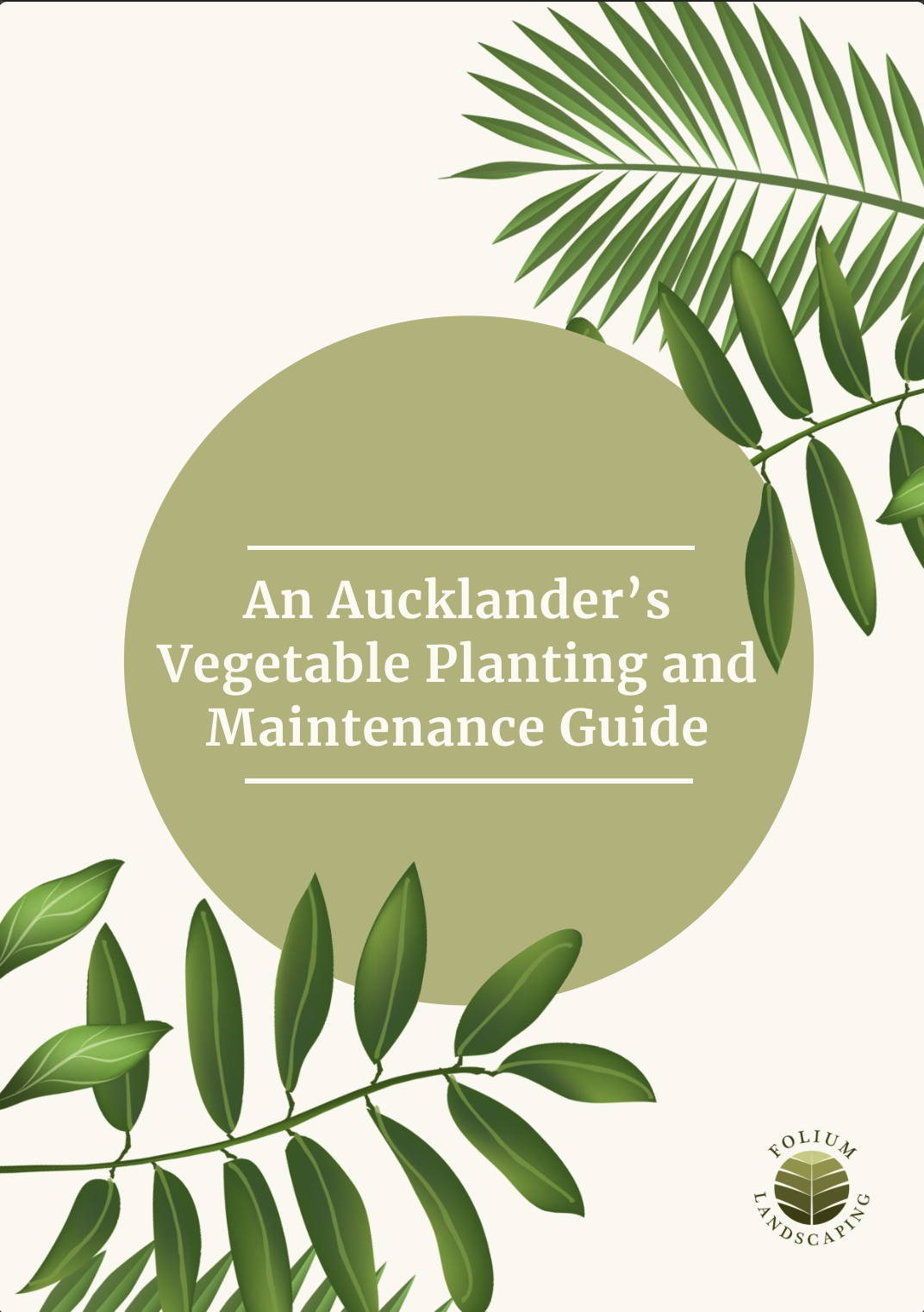%20(1).png)
The concept of edible gardens has grown in popularity over the years, from expansive backyards to the cosy confines of apartment balconies. People across the globe are integrating a tapestry of vegetables, fruits, herbs and edible flowers into their living spaces and redefining the farm-to-table concept for the modern era. But these gardens do more than beautify our outdoor areas; they represent a sustainable approach to food production, offering a bounty of fresh produce right at our doorsteps. No matter the size of your space, there's an opportunity for you to cultivate a thriving produce patch in your home garden.
Creating an edible garden starts with choosing a sunny spot, as most edible plants thrive in bright conditions. The soil should be rich, fertile, and well-draining, offering a nurturing home for diverse plant life.
Environmentally Friendly: Beyond reducing food miles and saving costs, edible gardens contribute to a healthier planet in several ways. They promote biodiversity, support beneficial pollinators, and reduce the need for chemical pesticides and fertilisers through organic gardening practices. Composting kitchen scraps and garden waste enriches the soil naturally and reduces household waste, closing the loop in a sustainable gardening cycle.
Reducing Food Miles: Edible gardens address the issue of food miles—the distance food travels from where it's grown to where it’s eaten, often from far-flung corners of the world to your plate. Growing fruit and vegetables drastically reduces the carbon footprint associated with the produce your family eats; this lessens greenhouse gas emissions and ensures your food is as fresh and nutrient-rich as possible.
Cost Savings: Starting an edible garden is an investment in your future food security and financial well-being. The cost of seeds or young plants is minimal compared to the expense of buying organic produce at the supermarket. Over time, your garden can significantly reduce your grocery bills, providing a steady supply of fresh produce at your fingertips.
As you delve into gardening, be mindful of the common pitfalls.
Align your gardening efforts with the rhythms of the seasons.
Spring: Focus on planting leafy greens like spinach, lettuce and root vegetables like carrots and radishes. These crops can handle the chiller start to the season and even benefit from the mild weather to develop fully.
Summer: Plant warm-season crops like tomatoes, peppers, cucumbers and zucchini. These plants thrive in the heat and produce abundantly during the peak of summer.
Autumn: Plant crops like kale, Swiss chard and broccoli. These plants can tolerate lower temperatures. Some even improve in flavour after a frost.
Winter: Consider cold-hardy varieties like Brussels sprouts and leeks in milder climates, but for colder regions, this is a time for planning and preparing beds for the next season.
A natural approach to pest management ensures your garden remains a haven for beneficial wildlife. Encourage natural predators like ladybugs to control aphids, use physical barriers to protect against slugs, and apply natural remedies like neem oil and diatomaceous earth to tackle a range of pests. Regular inspection and crop rotation further mitigate pest problems, keeping your garden healthy and productive.
To attract ladybirds, plant flowers that attract them, like marigolds, dill, and fennel, which provide nectar and pollen. For slug barriers, use copper tape around the base of plants, as slugs avoid crossing copper due to its electrical charge. Make slug traps by burying a container at ground level and filling it with beer; slugs are attracted to the yeast, fall in, and can't escape.
Diatomaceous earth is a powdery substance made from the fossilised remains of diatoms, a type of algae. It acts as a natural pesticide because its microscopic sharp edges can cut through the exoskeletons of insects, causing them to dehydrate and die. Food-grade diatomaceous earth is safe for use in gardens and is safe for pets and humans. It's effective against many garden pests, including slugs, aphids and beetles.
Embarking on the edible garden journey is a rewarding experience that connects you with nature, provides a source of fresh, healthy produce, and contributes to a sustainable lifestyle.
There's no better time to start your edible garden than now! There's a garden waiting to bloom under your care, regardless of the size of your space.
For more tips and inspiration, seek resources and communities of gardeners who share this passion. Together, we can grow gardens that nourish, delight, and inspire.

The instructions found in this guide come directly from Urban Paving's well of professional industry knowledge!



